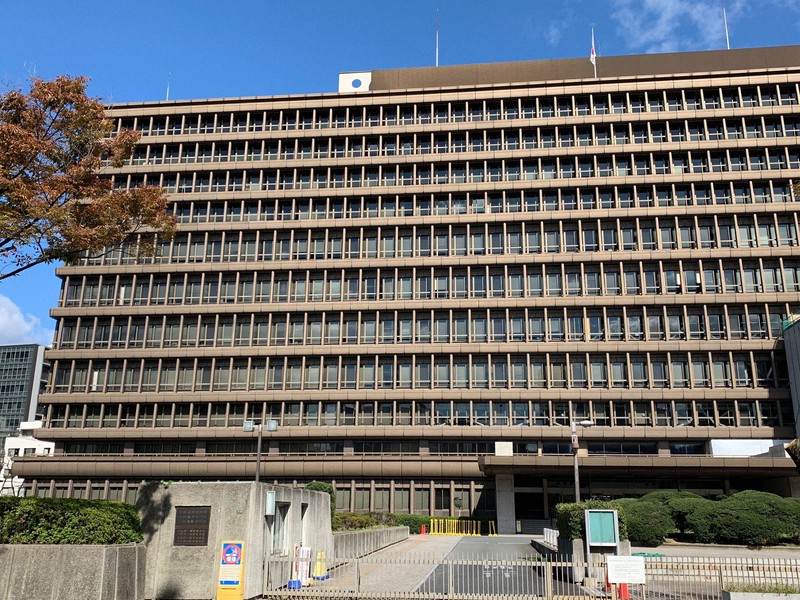The assault on former Japanese Prime Minister Kishida has reached a final verdict in its second trial: the assailant is to serve a ten-year prison sentence as originally determined. The case influence and implications have been widespread throughout Japanese society, igniting discussions around security measures, legal justice, and political tension.
In Japan, safety and respect for leaders are highly valued, making attacks on public figures a significant breach of social norms. This case, involving a former Prime Minister, has drawn extensive public attention both toward criticism of lax security measures and discussions on the proportionality of the legal penalty. Additionally, it brought political tensions to the forefront, with political affinities possibly playing a part in public opinion towards the event and its repercussions.
In the US or EU, an attack on a political figure is taken very seriously and usually results in criminal charges and substantial prison time, much as in Japan. The debates around the security of public figures and political discourse mirrored in western countries. However, the degree of public attention on the incident might be higher in Japan due to the country's relative infrequency of such occurrences.

